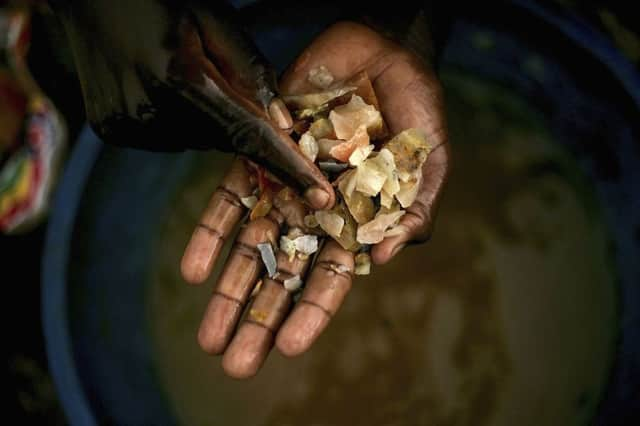Edinburgh University goes on warpath over conflict minerals


The move is meant to put pressure on suppliers to eliminate the minerals, associated with financing wars in Africa, from their supply chains.
The policy aims to find alternatives to the main group of substances such as gold, tin, tungsten and tantalum, and also applies a broader definition to include any minerals used to fund conflict in any part of the world. The minerals are often used in electronic devices such as mobile phones, computers and cars.
Advertisement
Hide AdAdvertisement
Hide AdFairtrade Fortnight – a series of events raising awareness of fair trade and sustainable procurement – is currently under way at the university.
Complex international supply chains mean many electronics purchased could knowingly or unknowingly contain conflict minerals.
Suppliers will be asked to report on their supply chains, the risks of conflict minerals being present in their goods and on their strategies to eradicate them. Dave Gorman, director of social responsibility and sustainability, said: “People may not realise they are funding a war lord in a war zone The university is committed to sustainable procurement, from the electronics that we buy in large amounts such as computers, down to individual purchases made by staff.
“This new policy gives us a framework within which to work with our suppliers to encourage transparency in supply chains, take action where conflict minerals exist, and advise on more suitable alternatives to support companies with good working practices and ultimately improve the lives of vulnerable communities.”